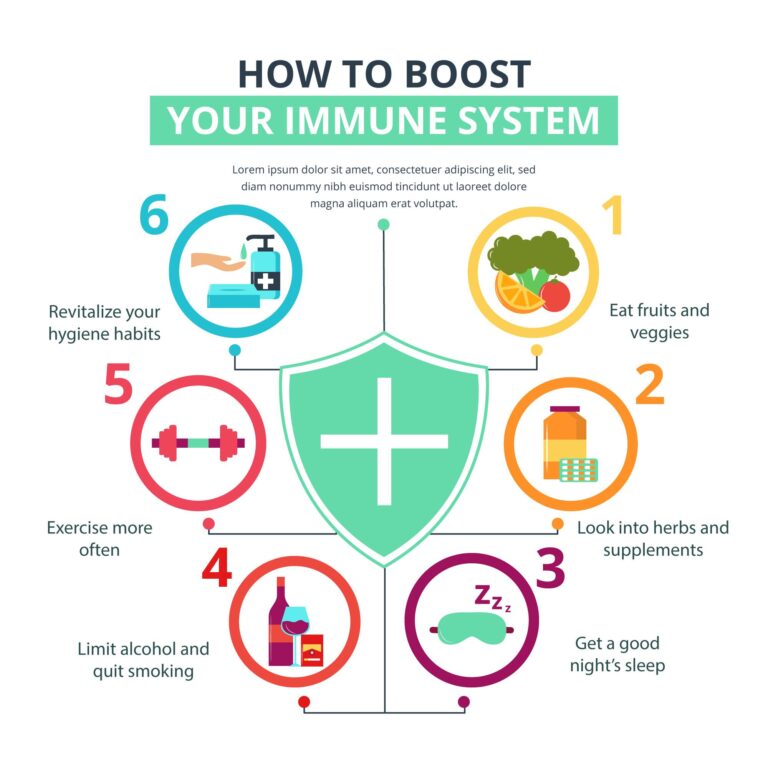Understanding the Link Between Intelligence and Mental Health

Intelligence plays a significant role in shaping mental health. The connection between understanding cognitive abilities and emotional well-being is profound. This article explores how enhancing intelligence can lead to better mental health outcomes.
The Impact of Emotional Intelligence
Emotional intelligence (EQ) is critical for maintaining mental health. It involves recognizing, understanding, and managing emotions effectively. High EQ allows individuals to navigate stress, build stronger relationships, and handle life’s challenges with resilience. Developing emotional intelligence can be a key strategy in preventing mental health issues.
Cognitive Behavioral Therapy and Intelligence
Cognitive Behavioral Therapy (CBT) is a psychological approach that leverages intelligence to improve mental health. By restructuring negative thought patterns, individuals can achieve a more positive outlook on life. CBT enhances problem-solving skills, which in turn supports better emotional stability.Mental health is a fundamental aspect of a fulfilling life. By understanding its importance, engaging in self-care, building social connections, and seeking professional help when needed, we can all strive for better mental health. Prioritizing mental well-being leads to a happier, more balanced life.
The Role of Intellectual Stimulation
Engaging in intellectually stimulating activities can boost mental health. Puzzles, reading, and learning new skills keep the brain active, reducing the risk of mental health disorders like depression and anxiety. Intellectual stimulation also promotes neuroplasticity, the brain’s ability to adapt and change, which is essential for emotional resilience.
Self-care is a vital component of mental health. Activities such as regular exercise, healthy eating, and sufficient sleep contribute to emotional well-being. Taking time to relax, meditate, or engage in hobbies also supports mental health. Prioritizing self-care helps prevent burnout and promotes a sense of balance.
Intelligence as a Protective Factor
Higher intelligence levels have been linked to a reduced risk of certain mental health conditions. Intelligent individuals are often better equipped to cope with stress and adapt to new situations. This adaptability serves as a protective factor against mental health challenges, leading to a more balanced emotional state.
Enhancing Intelligence for Mental Understanding
Incorporating strategies to boost intelligence, such as developing emotional intelligence, engaging in cognitive-behavioral practices, and seeking intellectual stimulation, can significantly improve mental health. By understanding the connection between intelligence and emotional well-being, individuals can take proactive steps to enhance their overall mental health.






